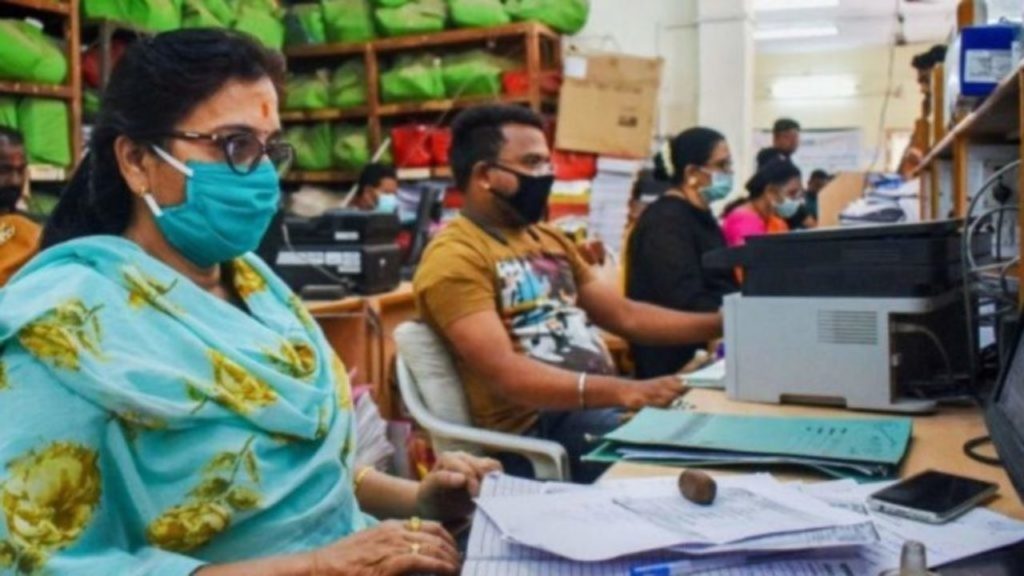These 8 Big Govt Banks Merging From April 1st: Expect These Major Changes (Cheque Book, IFSC Code & More)

In the massive consolidation drive of August 2019, ten public sector banks were merged into four, bringing down the total count from 27 to 12.
While bank mergers came into effect in FY2020, banks are yet to complete their integration process.
Now, with the new financial year beginning from tomorrow, we have listed all the banking sections you must look into, if you are a customer of any of the eight public sector banks which were merged.
We will provide you with the list.
List of PSBs Merged
- Oriental Bank of Commerce and United Bank of India with Punjab National Bank,
- Allahabad Bank and Indian Bank,
- Syndicate Bank with Canara Bank,
- Andhra Bank and Corporation Bank with Union Bank of India.
The government had successfully merged Dena bank and Vijaya Bank with Bank of Baroda last year.
All the Possible Changes from April 1, 2021
With bank mergers still in its integration process, customers will face slight to major problems in banking services, depending upon their banks.
There could be changes in account number, cheque book, cards, Indian Financial System Code (IFSC) and Magnetic Ink Character Recognition Code (MICR), again depending upon different banks.
- Starting with cheque books, from April 1 the cheque books of banks getting merged will not be valid and customers will need to issue new ones from the anchor banks, or the banks in which their banks are merged.
- For banks like OBC and UBI, their cheque books will be valid only till March 31, post which customers will have to use cheque books issued by PNB.
- However, for some banks like Syndicate Bank, their customers can use their cheque books until June 30.
- This means as a customer of merging bank(s), you will have to check regular updates on your bank’s website.
- Speaking of money transfer, in most cases, IFSC and MICR codes will remain unchanged.
- For instance, in Union Bank of India, customers’ account numbers are the same but the IFSC code has changed.
- Same goes for ECS instructions for loans and other payments such as life insurance and mutual fund investments.

Comments are closed, but trackbacks and pingbacks are open.